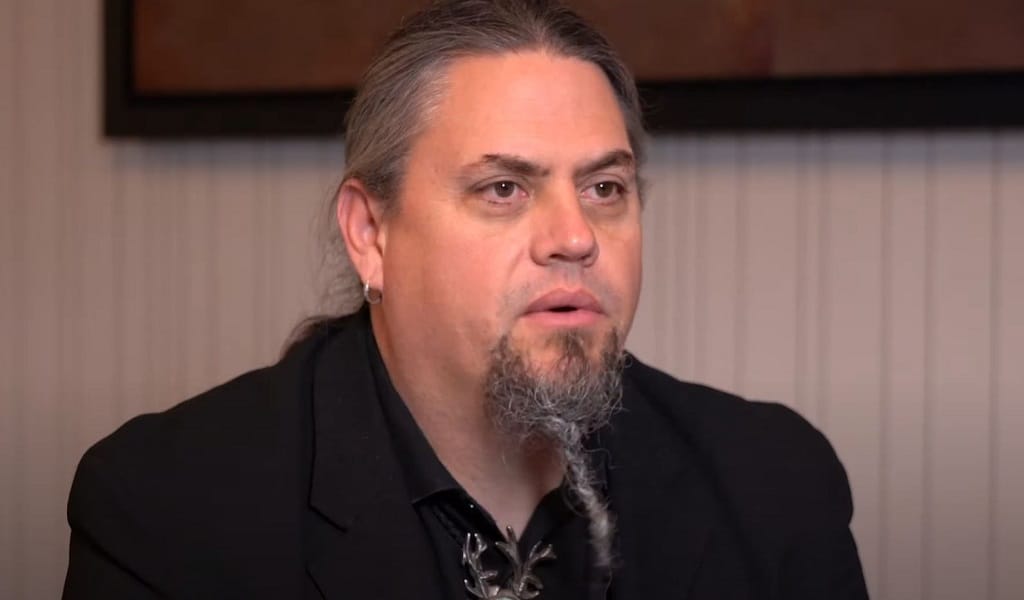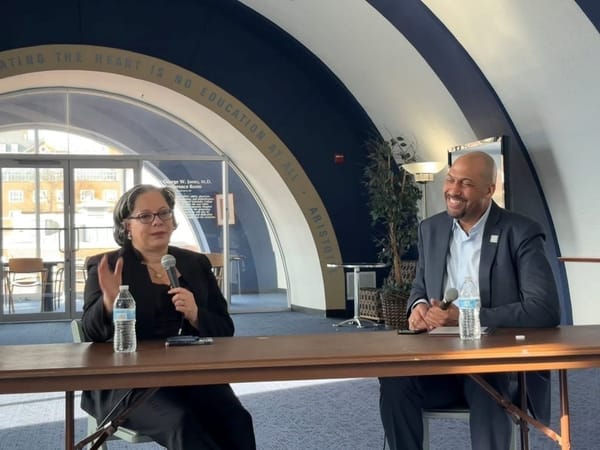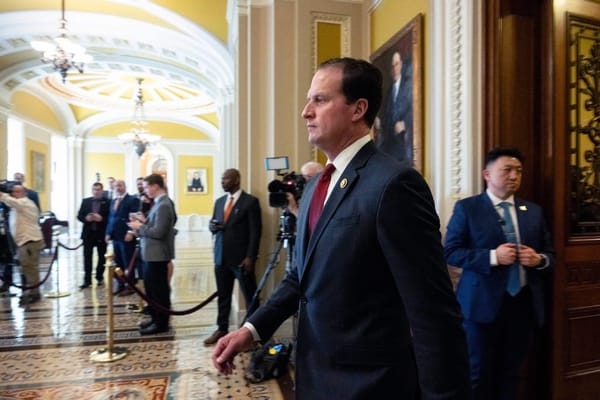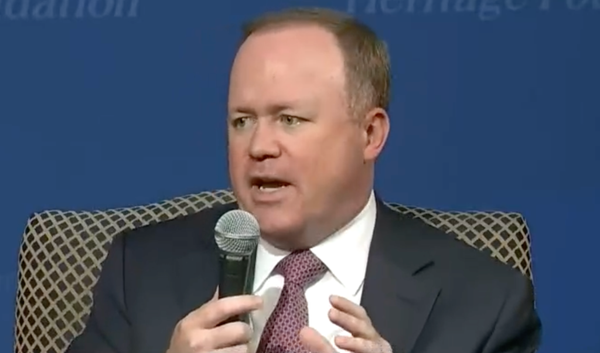CaptionCall $40 Million Settlement, World Bank Broadband in Rwanda, Tribal Broadband Money Not Enough
CaptionCall agreed to pay over $40 million over misuse of the free service for individuals with hearing disabilities.
Justin Perkins

December 6, 2021 – The Federal Communications Commission said Friday it reached a $40 million settlement with telecommunications relay service provider CaptionCall for its business dealings with health professionals.
Telecommunications Relay Service, or TRS, provides persons who are deaf, hard of hearing, deafblind, or have speech disabilities access to the telephone system at no cost, enabling communications with telephone users in a manner similar to other telephone users. Internet Protocol Captioned Telephone Service (IP CTS) allows users to read the other party’s words in real time with an internet-enabled device.
TRS is funded by mandatory contributions to the TRS Fund by telecommunications providers, who typically pass the costs to customers.
The FCC’s investigation revealed that Sorenson Communications’ subsidy CaptionCall “offered and provided incentives, including monetary contest awards and free meals” to Hearing Health Professionals, a clinic providing services to individuals that are deaf or hard of hearing. In return, Hearing Health Professionals referred users to CaptionCall IP CTS. CaptionCall at times gave Hearing Health Professionals gift cards and gift baskets to encourage future referral and “improperly reported costs associated with these wasteful practices” to the TRS Fund, the FCC wrote in its consent decree.
To settle these allegations, CaptionCall agreed to pay $28 million to the TRS Fund in addition to a $12,500,000 penalty. CaptionCall also agreed to a compliance plan in which the company’s staff must follow the TRS Fund rules.
World Bank funds broadband in Rwanda
Rwanda is set to receive $100 million from the World Bank to fund broadband, the bank said Friday.
The World Bank Group, the largest development bank in the world, provides loans to “developing” and transitioning countries.
“For Rwanda to leverage digital transformation as a driver of growth, job creation and greater service delivery, digital adoption needs to markedly improve,” said Isabella Hayward, team leader on the World Bank project.
The bank approved Friday to assist the Government of Rwanda advance broadband adoption across the country. The Digital Acceleration Project will expand digital access and inclusion initiatives, such as providing 250,000 households with financing to purchase smart devices. The project will also train three million people in digital literacy.
“Expanding digital access and adoption, enhancing digital public service delivery and promoting digitally enabled innovation are essential for Rwanda’s digital transformation which can in turn help drive a robust post-COVID-19 recovery,” said Rolande Pryce, World Bank Country Manager for Rwanda. “The Rwanda Digital Acceleration Project encompasses all these elements and will contribute to Rwanda’s vision to become a knowledge-based economy and upper middle-income country by 2035, by leveraging digital technologies to accelerate growth and poverty reduction.”
In the 2021 fiscal year, the bank provided nearly $100 billion in loans to developing countries.
Tribal broadband money in infrastructure bill isn’t enough, some say
The funds approved by the recently enacted Infrastructure Investment and Jobs Act is not enough for tribal lands, according to a Monday report in Wired.
About $2 million was approved to expand broadband access to tribal lands and reservations as part of the $1.3 trillion infrastructure bill, signed into law last month. However, 280 tribes have submitted requests totaling $5 billion for broadband finds, Wired reported Monday.
Matthew Rantanen, director of technology for the Southern California Tribal Chairman’s Association, estimates that closing the digital divide for Native peoples will cost around $8 billion.
“If you look at the fiber grid in the United States, there are some large communication deserts, and it just so happens that most of the tribes are in those spaces,” says Rantanen.
The problem is acutely felt in schools on tribal lands. At a school on the Duck Valley Indian Reservations, 300 students in the Shoshone-Paiute tribes struggle to stay connected for the sake of their learning. Most of the reservation covering 450-square-miles doesn’t have cell service: dial-up is still the only way for many residents to access the internet, the story said.
Rantanen says the $8 billion cost will rise once demand lowers the availability of fiber-optic cables. “What we’re looking to do is build robust networks,” he says. “We’re not trying to build with Band-Aids.”










Member discussion